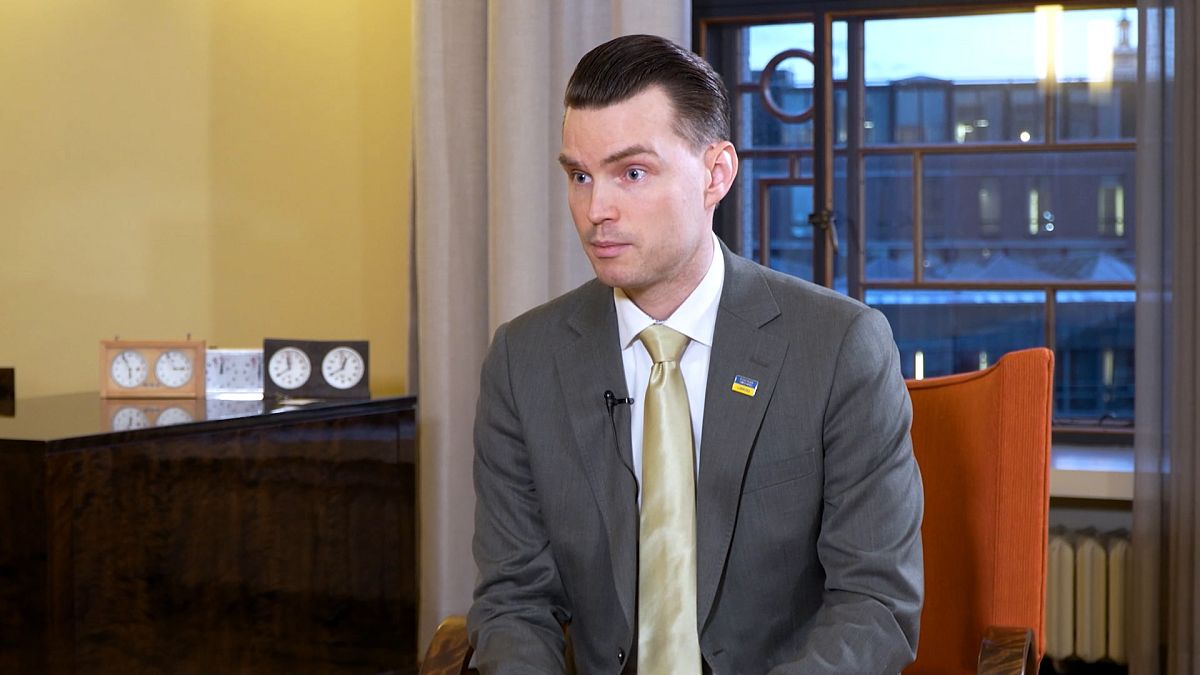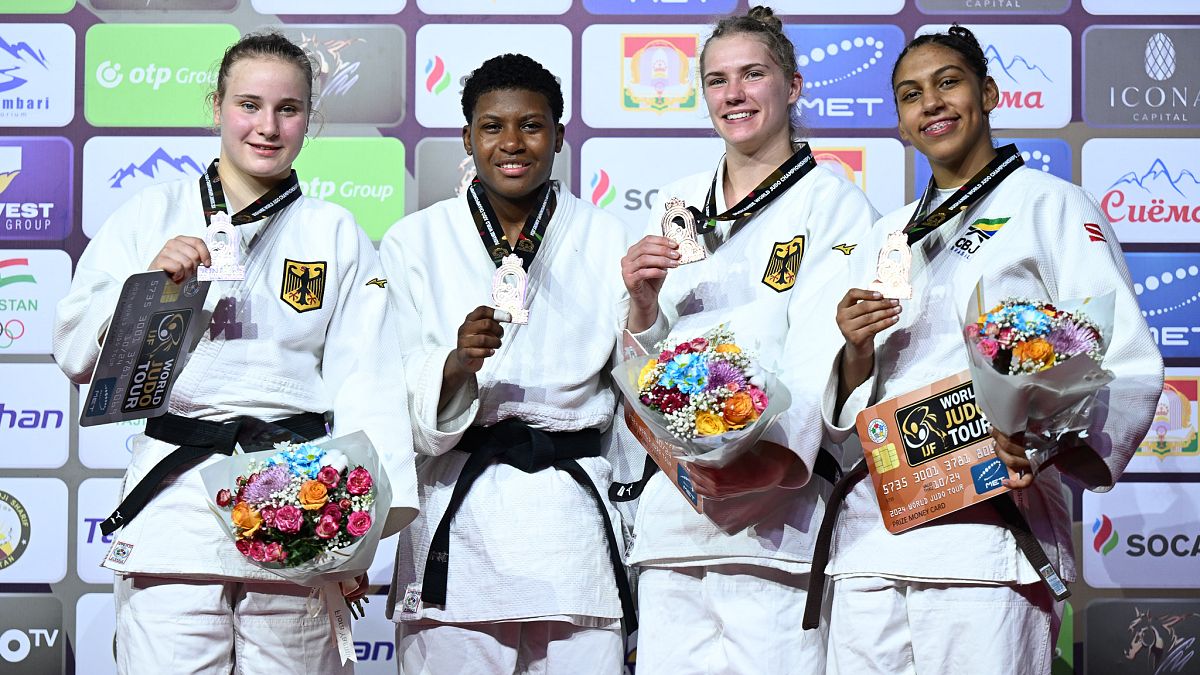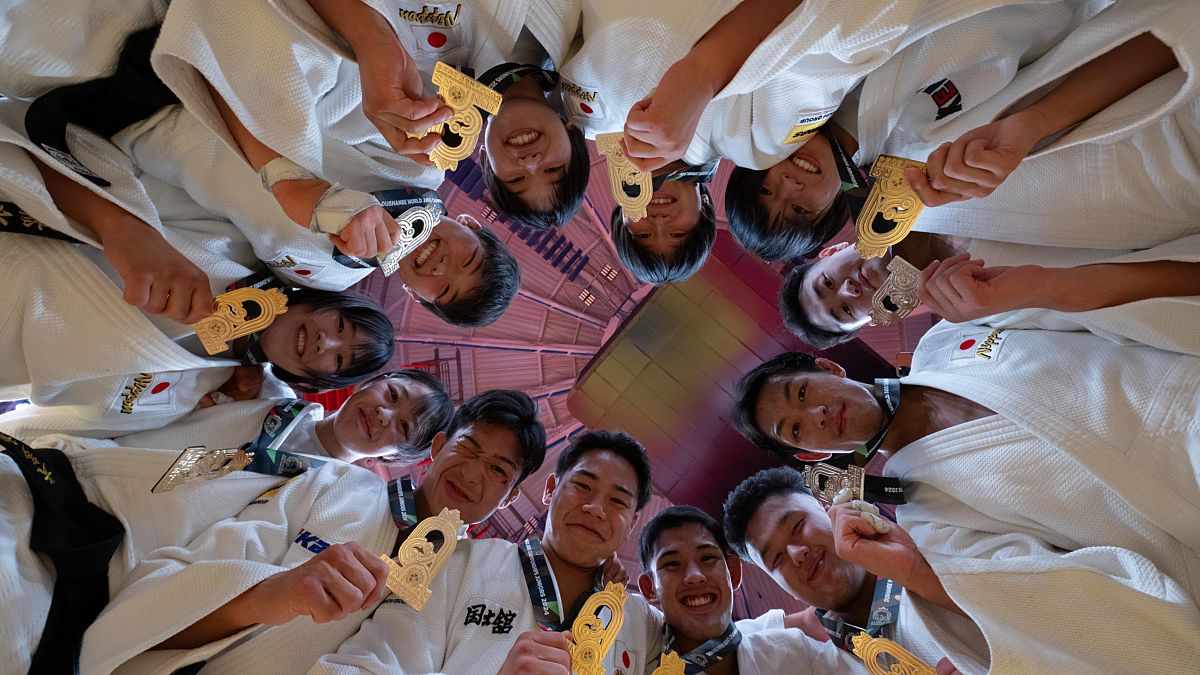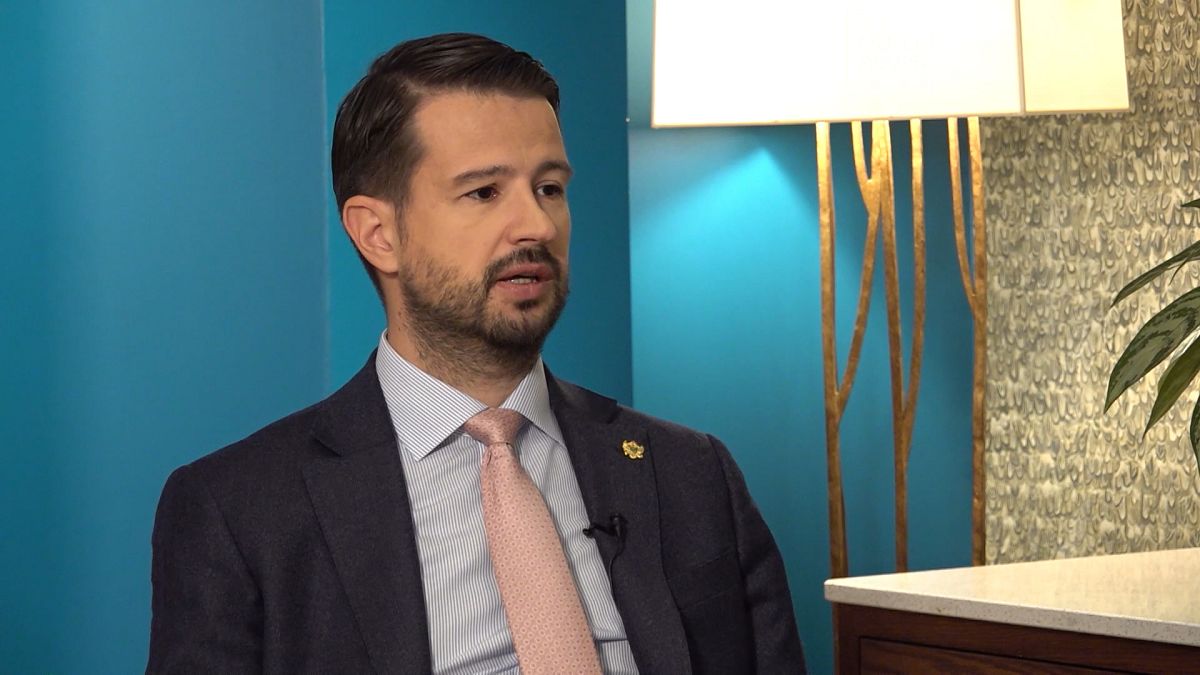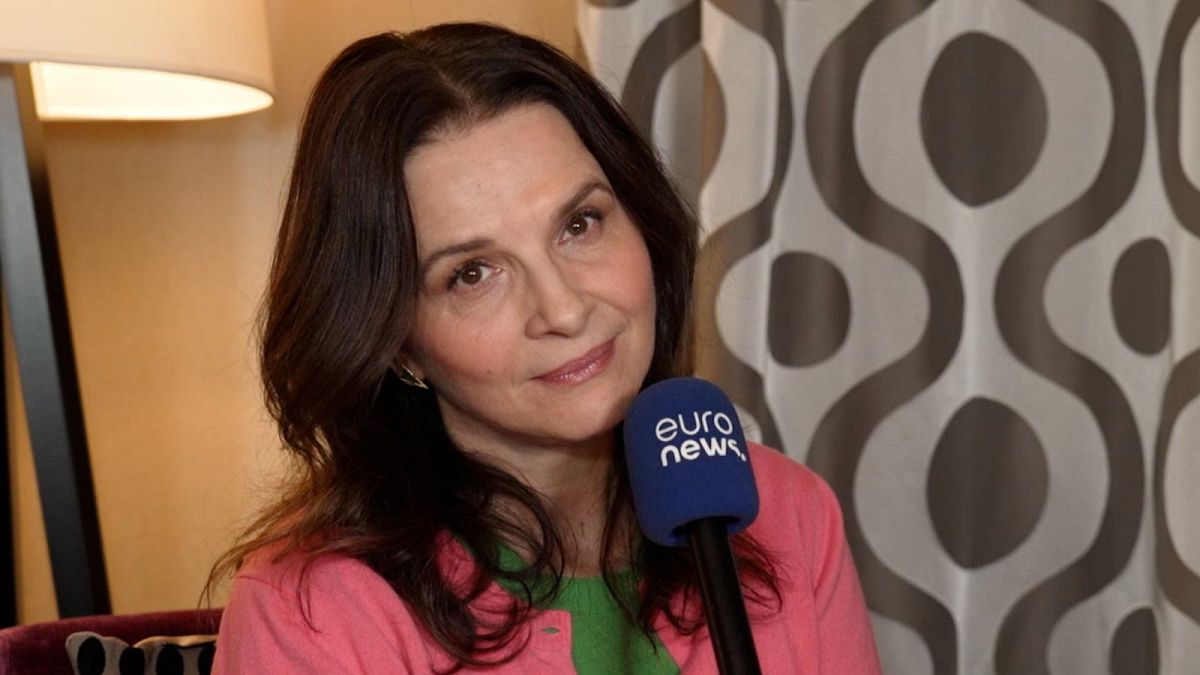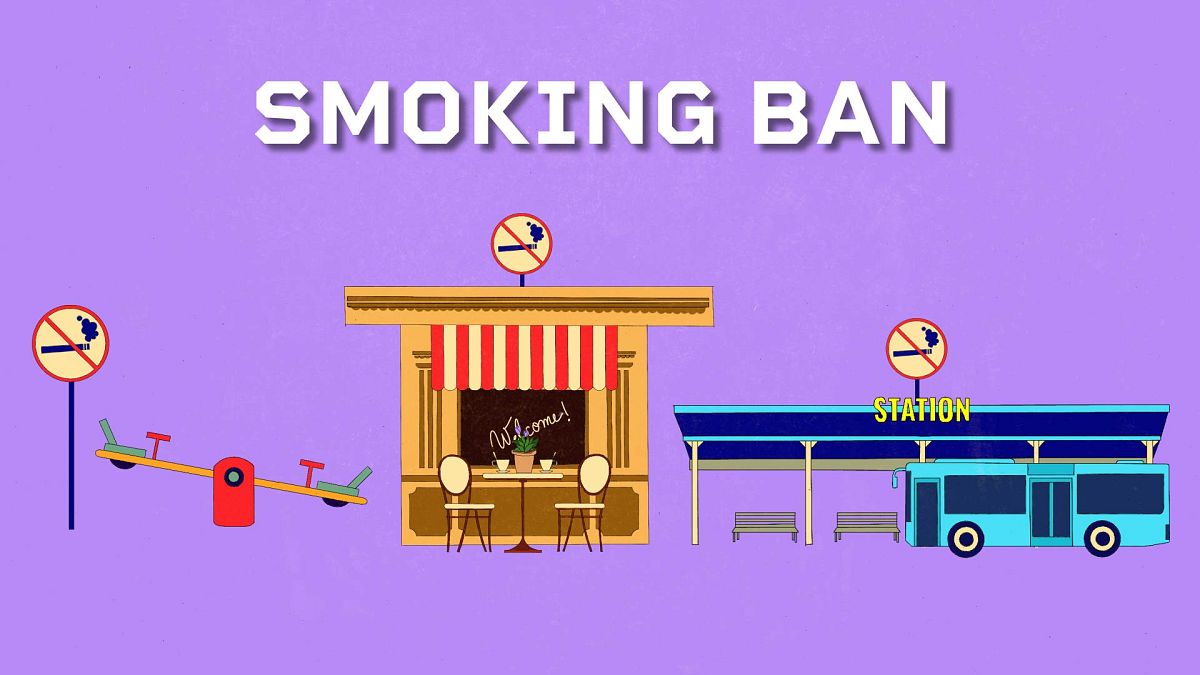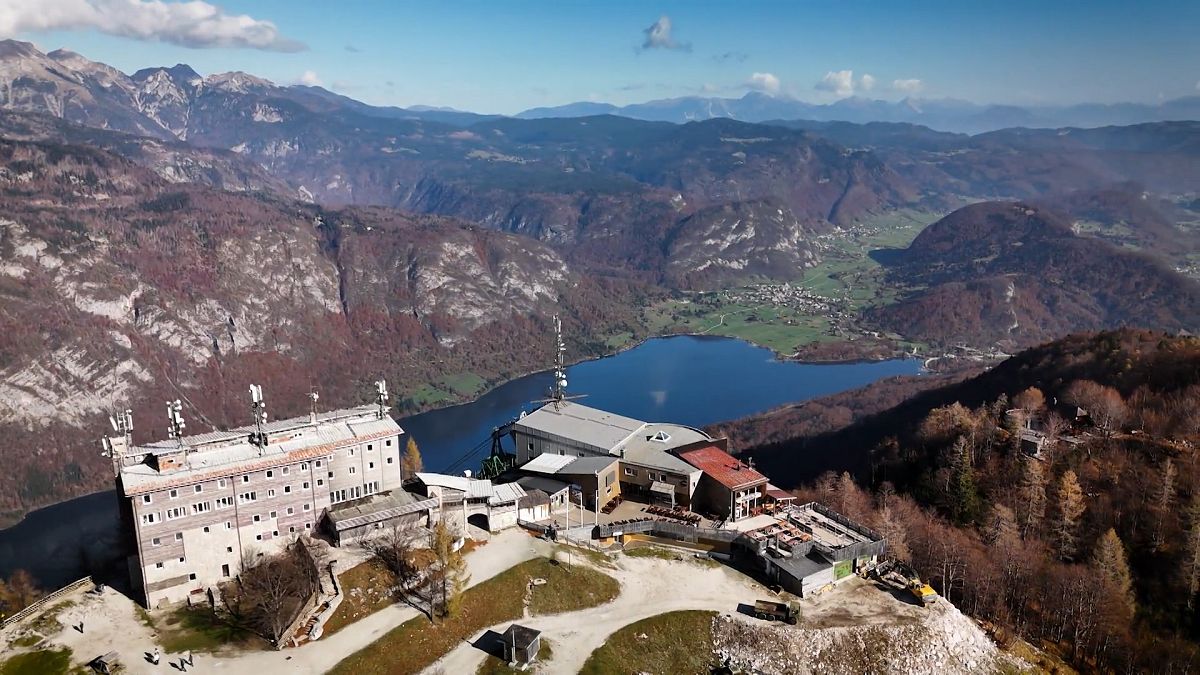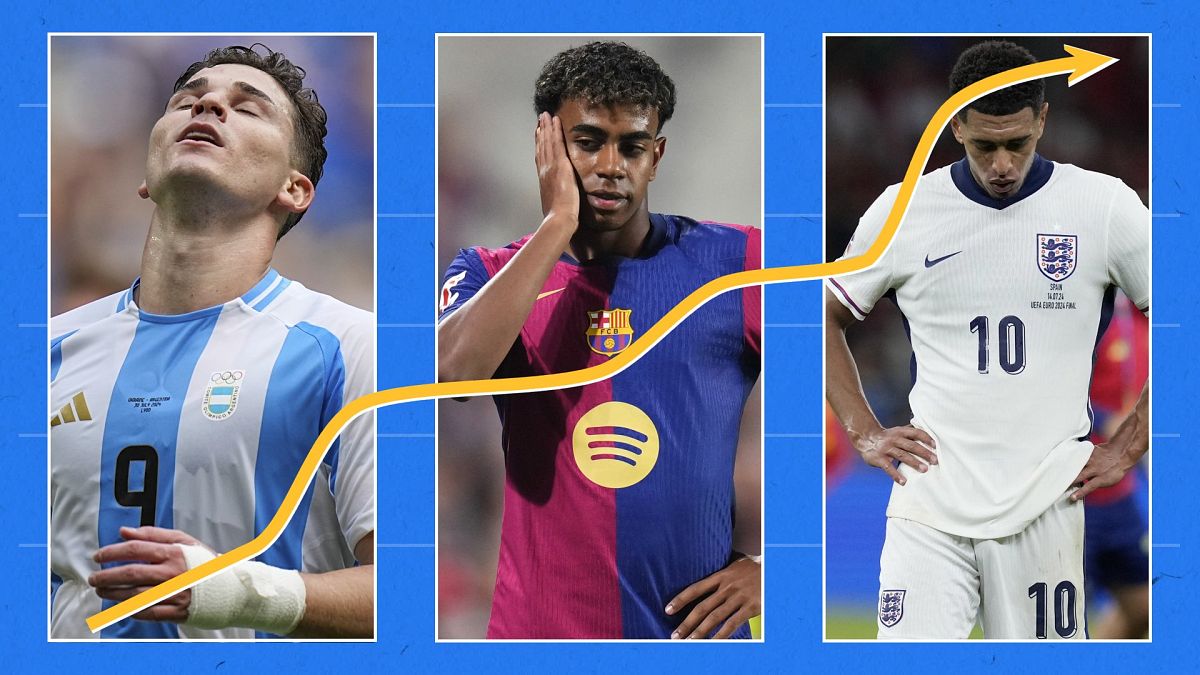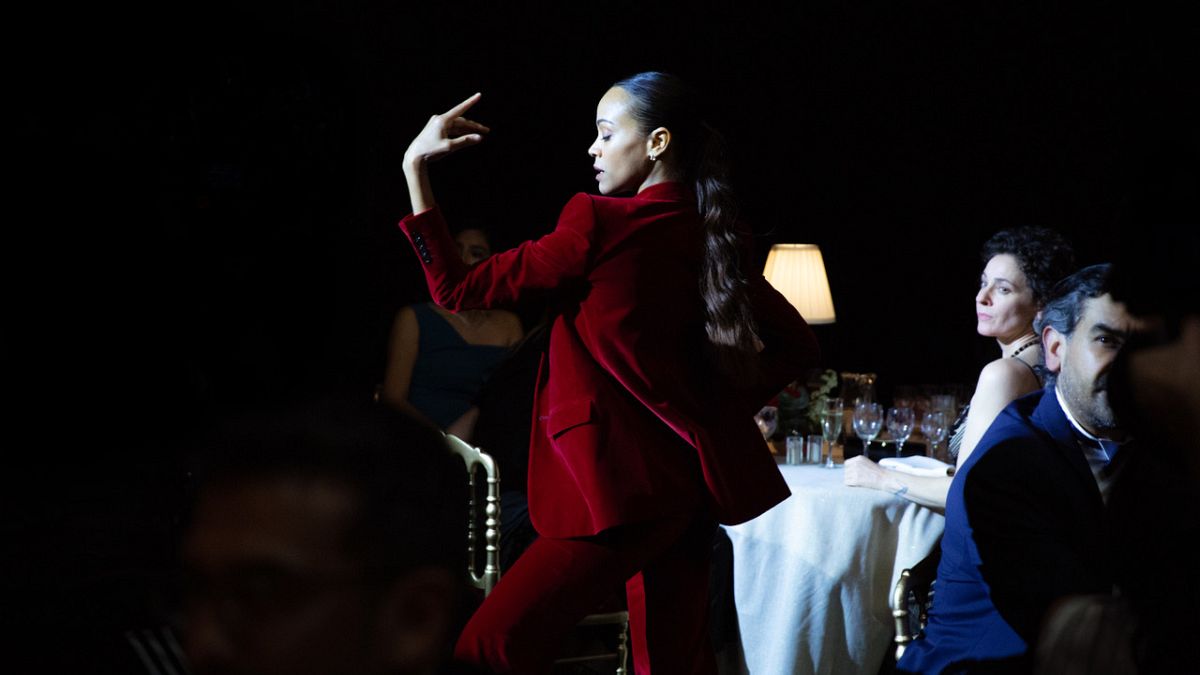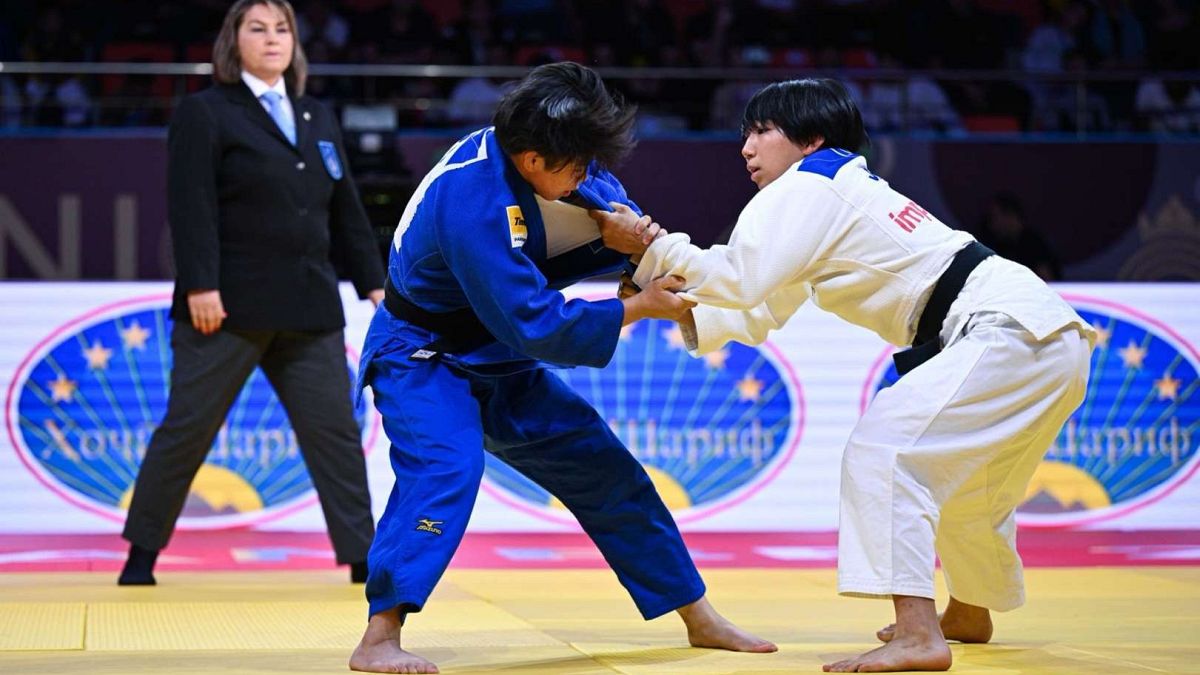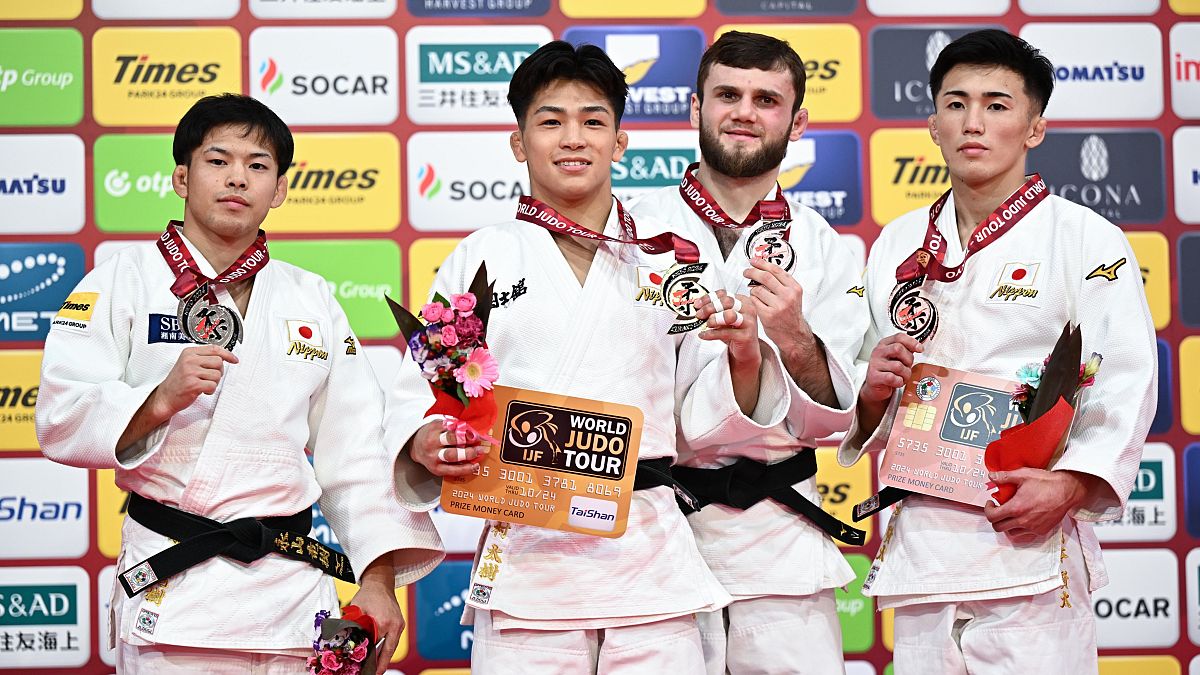Glyphosate: The much-criticised herbicide that’s still used in Europe
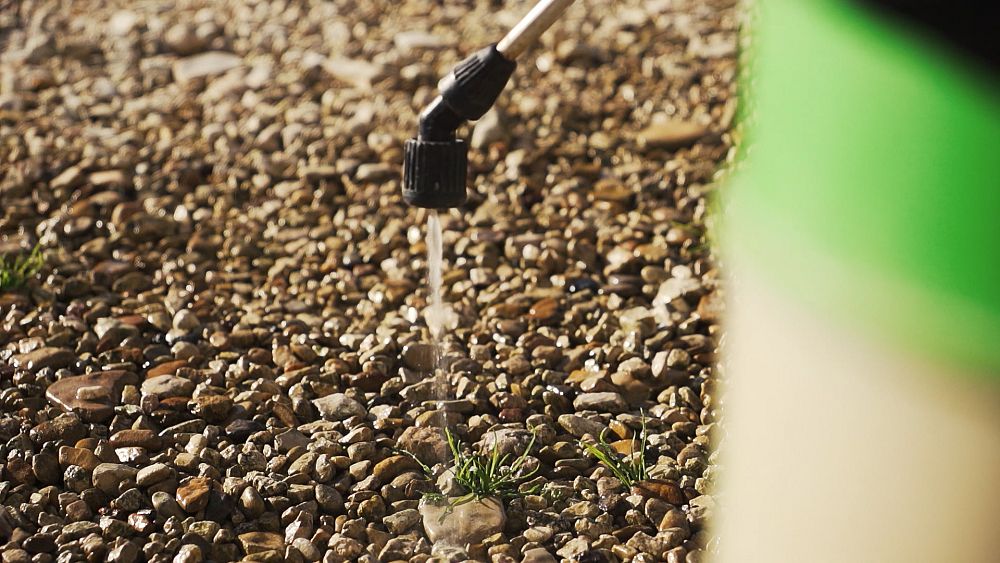
Why has glyphosate still not been banned? This is the question being put to politicians by the victims of this herbicide, as the European Commission extends its authorisation for ten more years.
Glyphosate is a herbicide used for getting rid of weeds. It first hit the market in 1974, and at the time its effects on health were unknown. But its use has since sparked fierce debate around the dangers of what has become the most widely-used pesticide in the world.
In November, the European Union renewed its authorisation for ten years.
Quiberon in northwest France, is home to Ludovic Maugé, a 52-year-old former landscaper. His life was destroyed when he was diagnosed with cancer from working with glyphosate.
Since 2020, Ludovic’s life has become a daily struggle. He spent six months in intensive care and had to undergo 12 successive chemotherapies.
“It goes back 20 years. We found [glyphosate] almost everywhere. We simply worked with a sprayer on our back, wearing a t-shirt with nothing underneath.”
“Weedkillers are so powerful that they attack the seal of the sprayer so it automatically causes leaks. In fact, our backs are often soaked,” Ludovic explained, adding, “When I got sick I didn’t really make the connection with glyphosate. Until the moment, of course, when the blood tests revealed that my blood was poisoned with it.
Two-thirds of Europeans are calling for a total ban on pesticides such as glyphosate, according to a recent survey. NGOs and hundreds of citizens took to the streets of Brussels recently to make their voices heard. Among the demonstrators was João Camargo, an agribusiness researcher.
“We must continue to fight against glyphosate because the decision to approve and continue to promote this poison for another ten years is inadmissible.
“It’s a health issue, an agricultural issue and a future issue”. We must prevent this poison from continuing to be spread,” he said.
The ‘pesticide lobby’: Do we know the full extent of the danger posed?
Ludovic no longer has the strength to sue the agrochemical firm, Monsanto, which produced glyphosate-based herbicides. However, today, many lawsuits have been won around the world against the giant German firm Bayer, which bought Monsanto in 2018.
François Lafforgue is a lawyer who specialises in these issues. He was the first to be able to make the link between the pathology of his clients and the use of herbicides and pesticides. It was he who won the first case against Monsanto.
“We are facing a real pesticide lobby trying to hide the danger of pesticides so that they continue to be used by farmers and their employees,” he explained.
“This lobby intervenes at all levels. It first intervenes at the European level when active substances are approved. The studies which were taken into account for this renewal of approval are not conclusive, and above all, the studies which should have been taken into account, which show the dangerousness of these active substances, were excluded for wrong reasons by the European authorities,” François Lafforgue argued.
In the European Parliament, we met Gilles Lebreton, an MEP from the French far-right party, Le Rassemblement National which is in favour of renewing the approval of glyphosate, but for a period limited to five years. He recognises the harm that glyphosate can cause.
We asked if it is possible to put economic interests ahead of public health.
“For me, that’s not exactly how the problem arises,” he replied, “because it’s not just economic interests. It is also a food safety problem. We must produce enough cereal in particular to feed the population.”
“For me, those responsible for the common agricultural policy, who for years have pushed for industrial agriculture, are to blame,” Gilles Lebreton said.
The effect of glyphosate on pregnant women
A few kilometres from the French city of Vienne, Sabine Grataloup and Théo, a mother and her son, have secured a great victory. For the first time in France, they have had the harm of glyphosate on the babies of pregnant women officially recognised.
“Here, we are in the riding arena where we rode horses, and on which I applied a glyphosate-based weedkiller. It was something I did regularly at the time. But it turns out that I did it at the very beginning of my pregnancy,” Sabine told Euronews.
Sabine had no idea at the time what she was exposing her body to.
“It was very complicated because at birth. I should have died,” said Théo. “I’ve had many operations then. In total, I underwent 54 general anaesthetics.”
In the case of Sabine and Théo, the French compensation fund for pesticide victims recognised the link between Théo’s malformations and his mother’s use of glyphosate. He receives monthly compensation of around €1,000.
We asked Sabine if she thinks Monsanto knew of the dangers of glyphosate.
“[In the] Monsanto Papers, I don’t want to get anything wrong here, I think it was 2017, we discovered false independent studies that were, of course, in favour of glyphosate. There were internal emails acknowledging that they had tested glyphosate alone, but not the formulation, for example. And that, therefore, the product had been authorised on the basis of information which was, to say the least, partial […] deliberately partial.”
“The product itself is dangerous, okay. But it is above all the stupidity surrounding how it is managed, which is much more revolting than the product itself. How long must it take before it’s banned? It’s appaling,” Théo concluded.
Source: Euro News


